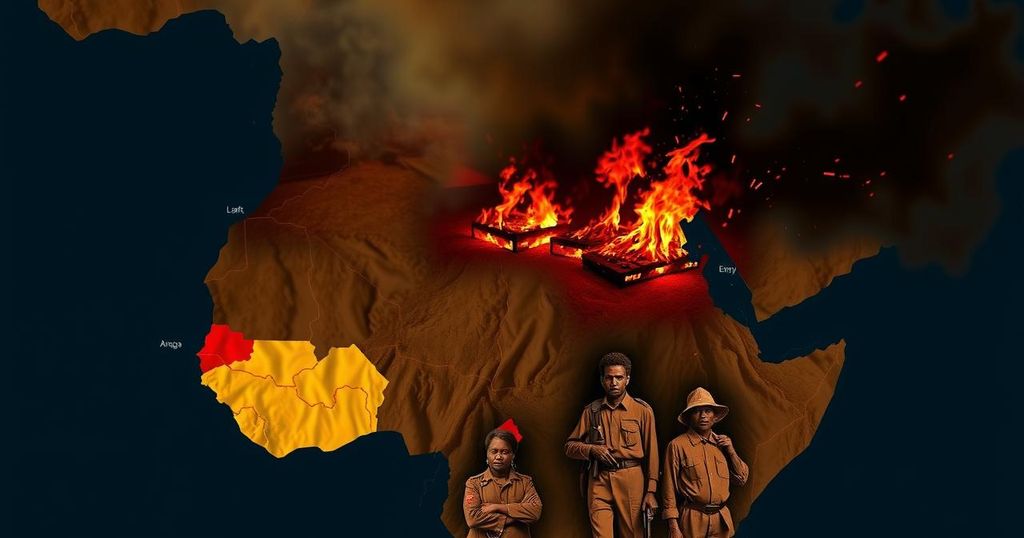Mozambique’s recent elections have sparked violent protests over disputed results, leading to at least 30 deaths. The unrest raises concerns for Southern Africa, impacting political stability and regional trade, while the SADC will address these issues in their upcoming summit amid fears of further regional fallout.
Following the disputed October 9 elections in Mozambique, the nation has erupted in protests, with numerous claims surrounding the authenticity of the results. Protesters, opposing the ruling Frelimo party’s sustained grip on power that continues for 49 years, have taken to the streets, leading to tragic violence and resulting in at least 30 fatalities. These events have drawn international attention, particularly from the Southern African Development Community (SADC), as the situation in Mozambique poses a substantial concern for the stability and electoral integrity of the broader Southern African region.
The background to the post-election unrest in Mozambique is steeped in historical and political contexts. The country has a history of civil strife, including a protracted civil war from 1977 to 1992, which concluded with a peace agreement but left lingering tensions. The recent elections saw the ruling Frelimo party allegedly manipulate results, as corroborated by European Union election observers. This unrest reflects broader electoral challenges faced in the Southern African region, where disputes and accusations of unfair elections have destabilized national environments.
In conclusion, the post-election violence in Mozambique signifies a critical challenge not only for the country itself but for the Southern African region at large. As Mozambique struggles with political unrest and violence stemming from disputed elections, the potential for regional instability becomes increasingly concerning. Economic repercussions are already manifesting with closed borders and halted trade, potentially shaping regional dynamics and prompting urgent responses from neighboring countries and international bodies.
Original Source: apnews.com






